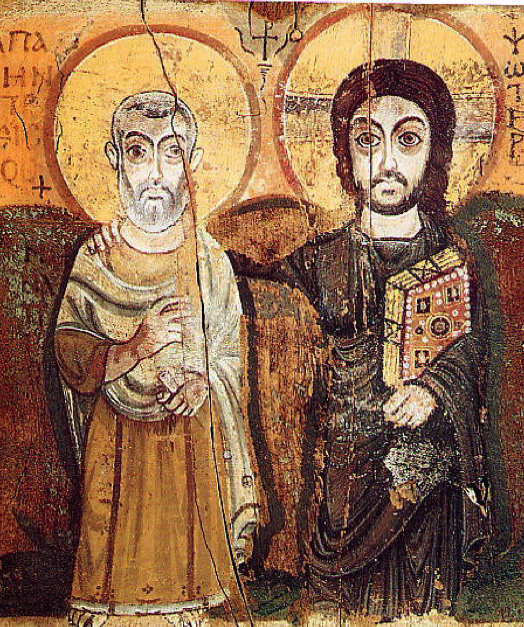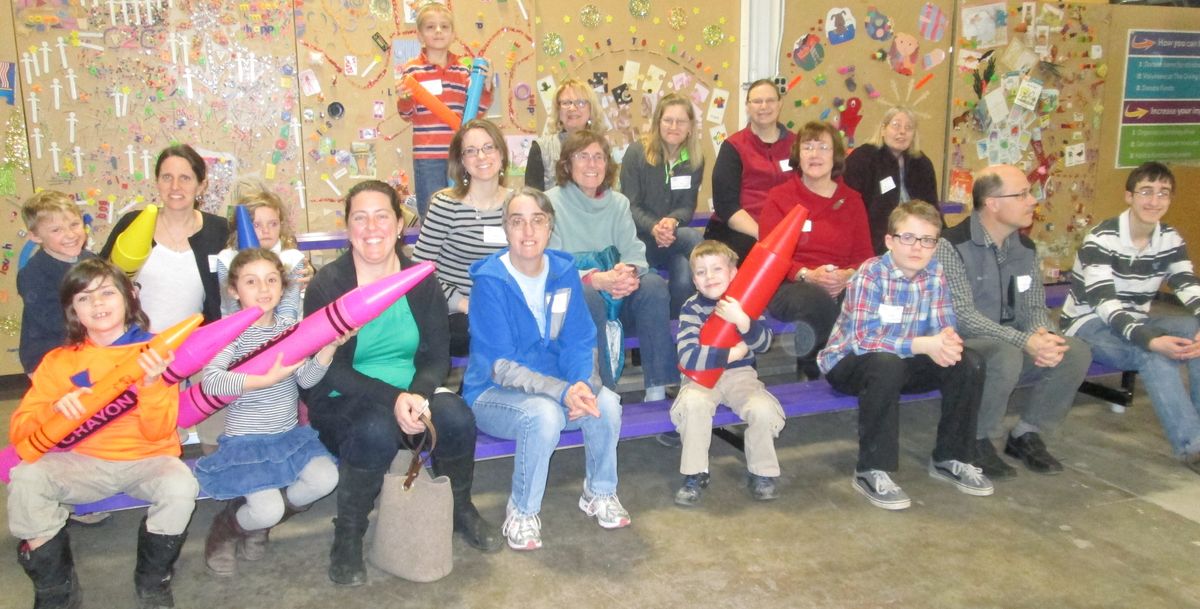This season of Lent we have just entered into is a season of preparation. It’s a season usually marked by prayer, confession, fasting, and self-denial. It’s a time for us to name our wrongs, and to try to make them right. It’s a time for us to shorten the distance between us and the heart of God. So why is Jesus here?
You remember Jesus. Jesus, that baby whose birth caused angels to sing and stars to appear in the sky. Jesus, that man whose baptism caused the Spirit to descend like a dove and God to proclaim, “This is my beloved son, with whom I am well pleased.” Jesus, whom Christians have identified in our creeds as God from God, light from light, true God from true God, begotten, not made, of one being with the Father. Surely Jesus doesn’t need prayer or confession, fasting or self-denial. Jesus is already as close to God as any human can get.
But Lent begins with this story: Jesus, still dripping from his baptism, is led out into the wilderness by the Spirit. He spends forty days and forty nights praying and fasting. And while he is in the wilderness, the devil appears, to tempt him with bread and power.
Why is Jesus here, with us, joining in prayer and fasting, facing temptation, as we begin Lent? Perhaps this story is here to help us understand who Jesus is, and who he isn’t. We know that Jesus is the son of God, full of a holy power, capable of miracles. But he will not turn stones into bread, even when he has gone forty days without food. And so we learn that Jesus’ gifts are not for himself alone, and that hunger will not be the ruling passion of his life. We know that Jesus is the son of God, a beloved child of the creator of the universe. But he will not throw himself off the temple in Jerusalem for an angelic rescue. And so we learn that Jesus doesn’t need empty spectacle, he’s not here to create a cult of personality. We know that Jesus is the son of God, we call him King of Kings and Lord of Lords. But he will not worship the devil in return for world domination. And so we learn that earthly power is not his ultimate goal, that he is not that kind of King; he is not that kind of Lord.
Why is Jesus here? Maybe Jesus comes out to the wilderness to help us understand who he is, and who he isn’t. Or maybe he’s here to be a model for us. Maybe, because Jesus would not turn stones into bread, we can learn to resist the temptation to use our resources only for ourselves. We can learn to share more fully with our neighbors, and tend more carefully to the earth. Maybe, because Jesus would not throw himself off the temple, and create a spectacle, we can learn to resist the temptation to make an idol of ourselves or any one else. We might free ourselves from our obsession with self-perception, liberate ourselves from the cult of celebrity. Maybe, because Jesus would not worship the devil in return for world domination, we can learn to resist the temptation to sell any piece of our souls in the pursuit of power. We might gain the wisdom to dismantle systems of racism and privilege. We might gain the courage to recover from our cultural addition to violence and weapons and preemptive strikes.
Why is Jesus here, with us, in the wilderness? Is it to tell us who he is? Is it to help us understand who we should be? Yes. And also – Jesus is here, because we are here. In Jesus, God is with us in all human experience. Jesus is with us, we remembered at Christmas, in human birth and childhood. Jesus is with us, we will remember on Good Friday, in suffering and death. So during Lent, it is only right that we should remember that Jesus is with us in times of wilderness and solitude and prayer and fasting and temptation. There is nowhere we can travel that he has not already been.
At the top of this post is an icon. This same image is at the front of our sanctuary, where it will stay throughout the season. Icons are image created as an invitation to draw closer to God. Just like a beautiful poem or a scripture passage, icons and other images can help us to pray. So this icon is meant as a help for all of us, this season.
This particular Icon is known as the Icon of Friendship, and it comes from the Coptic Christian church in Egypt, from the 7th century. In this image, Jesus stands with Menas, an early saint; but the Icon is known as the Icon of Friendship because Menas stands for everyone one of us. You may notice that while Jesus carries a large book, the whole of scripture, Menas carries only a small scroll – representing the small but important part of God’s message that each of us can understand. Notice also their gestures. Jesus has his arm around this believer, embracing him, while Menas raises his hand in the sign of blessing usually reserved in Jesus. Through the blessing of the love and support of Christ, Menas, the believer, is able to bless others.
This image reminds us, just as our scripture does, that Jesus is here, travelling with us through the season of Lent. And just to make that sense of companionship even more real, surrounding the icon at the front are some pieces of origami paper. I invite you to write your prayers on these pieces of paper throughout the season, and put them in the box in front of the icon. Then members of this community, our sisters and brothers in Christ, will pray over our prayers as they transform the piece of paper into something beautiful, to decorate our sanctuary in the Easter season. We will act as Christ to one another, traveling together in prayer.
Jesus is here, today, with us. He knows the bleakness of the wilderness. He knows the pangs of hunger. He knows the struggle and blessed relief of prayer. He knows temptation. In this season, may each of us feel his presence with us, his example before us, his arm around us. May it be so. Amen.
~Hannah

